From Species Richness to Ecosystem Resilience: a Synthesis Study of Marine Consumer Nutrient Supply
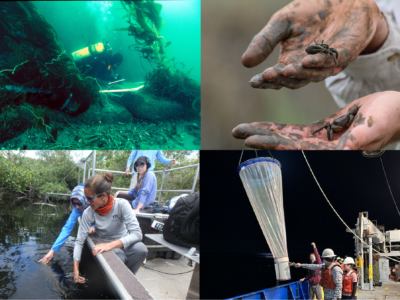
Marine LTER sites come together to synthesize how consumer-mediated nutrient dynamics are changing throughout time and in response to disturbances.

Marine LTER sites come together to synthesize how consumer-mediated nutrient dynamics are changing throughout time and in response to disturbances.

The Long-Term Ecological Research (LTER) Network Office is excited to announce that two new synthesis working groups will launch in 2024.
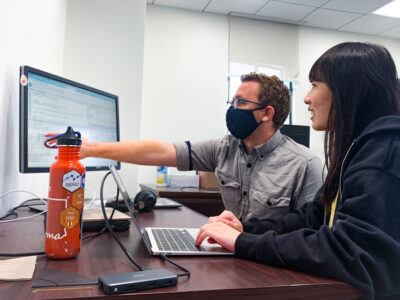
The LTER Network Office hired two data analysts, Angel Chen and Nick Lyon, in 2021 to tackle short but critical wrangling tasks during working groups’ in-person meetings. Here’s how they’ve helped groups during the past year.
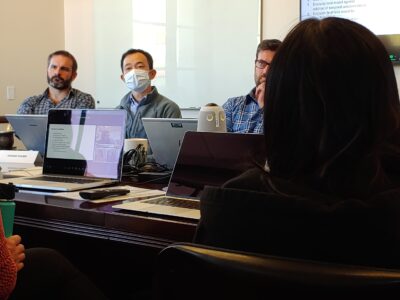
The LTER is excited to welcome seven new Synthesis Working Groups in 2023!

Our 2021-2022 webinar series introduces the work of the six synthesis groups that are currently active. Their foci range widely and include the effects of drought at hundreds of sites globally, developing better ways of aligning genomic and ecological data, controls on river exports of silicon and more.
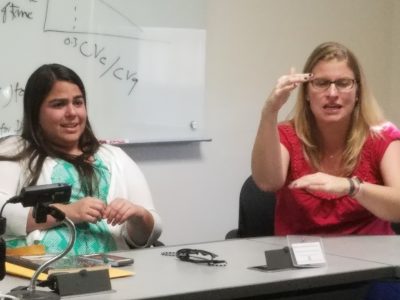
Synthesis working groups rely heavily on in-person collaboration. Free-flowing debate on goals and methods carries over from afternoon workshops through shared dinners. There’s little substitute for the immediacy of cooking up an analytical approach, scripting it onsite, discussing results, and making revisions — all within a few hours. And the easy availability of technical, analytical… Read more »
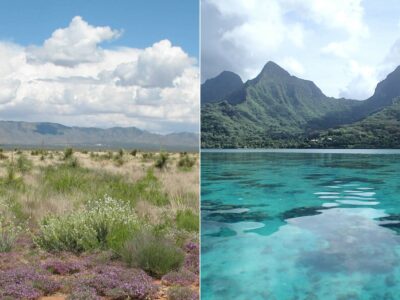
The LTER Synchrony Synthesis group links richness synchrony to ecosystem stability in a new study, showing synchrony is a key control on ecosystem functions.
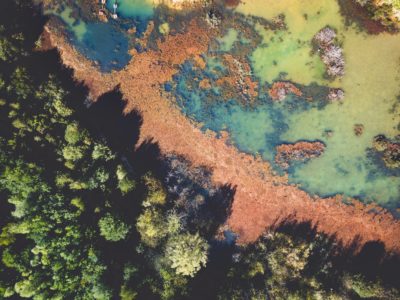
Earth is in the midst of a biodiversity crisis that is expected to worsen into the future. Scientists are scrambling to study how species interactions are responding to climate and ecosystem change, but often lack long-term, large-scale datasets that help determine which processes are most relevant in a given ecosystem. In a new paper, members… Read more »
Two new synthesis working groups, awarded in 2021, capitalize on the intensive and extended record of observation at LTER sites to shed light on thorny ecological questions.

Credit: CAP-LTER. CC BY-SA 4.0 Anticipating the needs of cities in the future is a key aspect of urban sustainability. One approach to planning for sustainable cities is for researchers and practitioners to work together to develop scenarios that benefit communities as well as ecosystems. Central Arizona Phoenix LTER (CAP LTER) is taking an innovative approach… Read more »